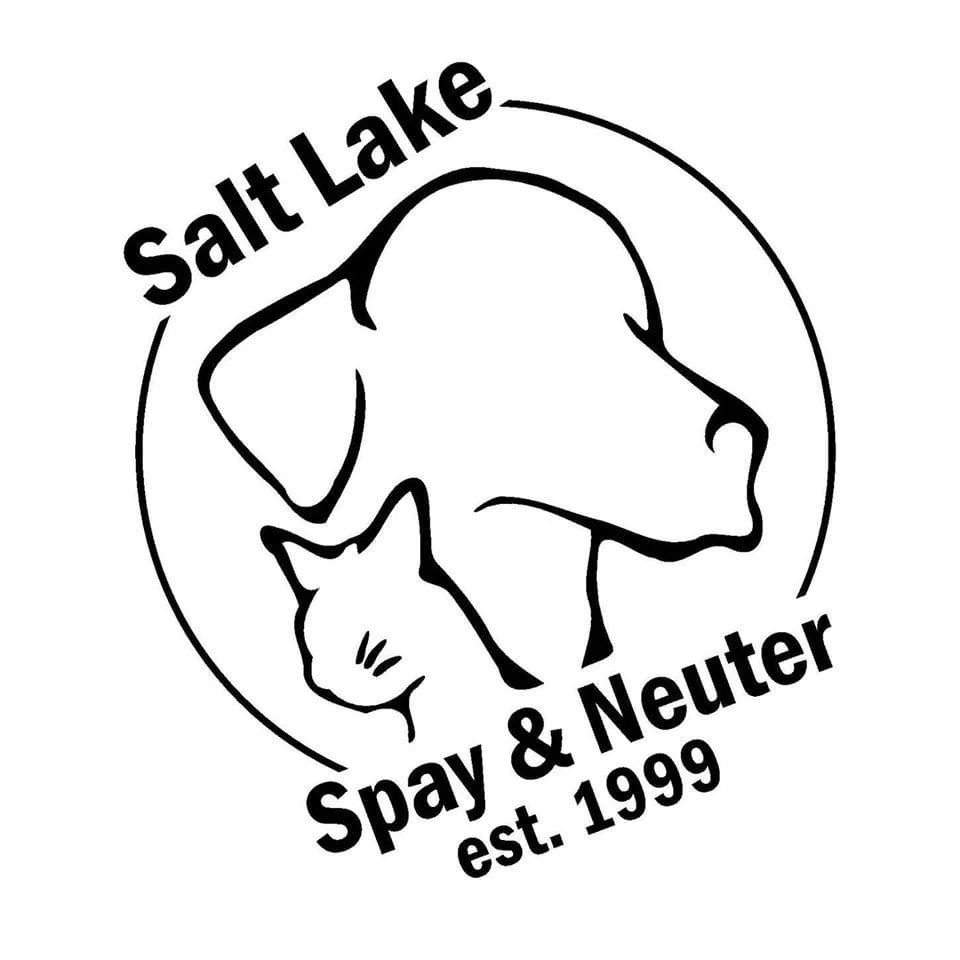What Is a Dental Cleaning? During a dental cleaning (called a prophylaxis), plaque and tartar are removed from a pet's teeth, and the health of the entire mouth (tongue, gums, lips, and teeth) is assessed. A thorough dental cleaning can be accomplished only while the pet is under general anesthesia. Also known as COHAT: comprehensive oral health assessment and treatment.
For $400-$700 Dentals at Spay & Neuter of SLC are all-inclusive including:
- Comprehensive/CBC blood work
- IV Catheter with IV fluids
- Radiographs as needed. Cats get full mouth radiographs
- Extractions as needed, all teeth if necessary.
- Scaling and polishing all remaining teeth.
- Medication sent home with the patient, as needed.
There are additional charges for additional procedures such as gingivectomy or PRP treatment for stomatitis.
We can usually offer dental services to pets with heart murmurs for an additional charge of $50 for use of the Cardel Monitor. Some of our doctors will not offer dental services for pets with history of heart murmur. Please let the customer service representative know if your pet has a history of heart murmur.
Spay & Neuter of SLC does not offer services to pets with history of seizures. We don’t have the proper medications to treat seizures, and anesthesia can cause seizures.
We want to see your pet back here if you have any concerns with the surgery. There is no charge for the recheck appointment as long as the aftercare instructions are followed. Please call or text the front desk at (801)262-6414 to schedule a recheck with us. Charges may be applied for any additional treatments, surgeries, and medication. We offer rechecks Monday- Saturday from 10am-2pm by appointment. Spay & Neuter cannot be responsible or liable for any costs incurred for the care and/or treatment provided by another hospital.
Your pet will have undergone anesthesia. Drowsiness and incoordination can be expected up to 24 hours. Because of this, keep your pet away from stairs and/or anything they can fall off of for tonight.
Limit food and water intake that night. Feed a small meal, about a quarter to half the size of his normal meal this evening in small frequent amounts. Please resume normal feeding tomorrow. Some cats will eat the first night, others may not eat for 24-48 hours. Please call us if there has been no/poor appetite for more than 48 hours. They are still at risk of aspiration. Do not force food, and if vomiting occurs the night of surgery take all food and water away. If vomiting occurs for more than 12 hours, call us for a recheck.
If your pet has more serious extractions, feed them soft food for 5-7 days after surgery. Pets with canine teeth extracted should have soft food only for 2 weeks.
ALL antibiotics and pain medications must be given as directed unless told otherwise.
Swelling of the gums is normal, but should begin to decrease after 48 hours.
If extractions were performed, you may notice some slight bleeding from your pets' nostrils or from the mouth itself. Some blood-tinged saliva or blood in the water bowl is normal for the first 48 hours after the extractions.
If there were extractions, the extraction site is usually closed with sutures that will usually dissolve within 2-4 weeks. If they seem to be causing irritation, bring them in for a recheck.
Pets with canine teeth extracted are at a higher risk of a post-operative fistula forming. We send a e-collar home to prevent the patient from trying to paw at the extraction site. The cone should be worn for 14 days.
Your pet will not be able to regulate their body temperature for 3 days. Please keep them indoors for 7-10 days. Also, make sure the temperature inside is not too hot or cold, 70-75 degrees is best.
If you notice a bandage on your pet, remove it immediately. Unless you have been told overwise.
Signs of a post-surgical emergency include but are not limited to white mucous membranes (gums), excessive bleeding from surgical site, severe depression/unconsciousness, uncontrollable vomiting, seizures, difficulty breathing/harsh respiration (breathing). If any of these symptoms are occurring, please take your pet to the nearest emergency hospital immediately.
Dental Home Care:
Ideally you would brush your pet's teeth twice daily with an Enzymatic Toothpaste. However, some pets will not tolerate this and will require additional or alternative dental home care.
Spay and Neuter of SLC recommends VOHC approved options for your pet:
1.Greenies or Veggie Dent Chews
2.Fingerbrush with Enzymatic Toothpaste
3.Dental Wipes
4.EDTA Treats
Spay and Neuter of SLC does not recommend letting your pet chew on raw hides, antlers, bones or bully sticks. Your pets' mouth cannot move side to side like a humans and chewing hard items are likely to break teeth. They should not chew on anything that doesn't soften in water when soaked.
